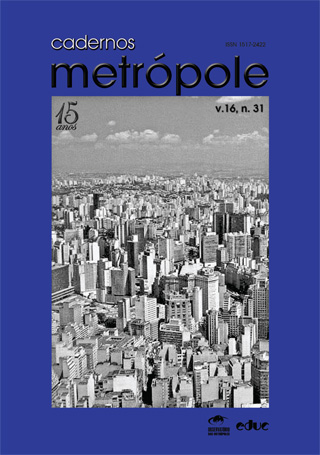The capitalist city in the neoliberal pattern of accumulation in Latin America
Keywords:
capitalism, uneven development, neoliberal pattern, Latin American city, specific featuresAbstract
A combination of unequal capitalist development, time and territory produces Latin American cities with particular, specific characteristics that cannot be analyzed by concepts that are used to explain cities of the developed world. The historical capital globalization does not homogenize urban formations; rather, it differentiates them. Explaining the Latin American city in the current neoliberal pattern involves analyzing, in the capitalist generality and in its Latin American particularity, its combination of new and old, its specific historical features: indigenous subsistence; rapid urbanization; late industrialization; early deindustrialization; informal outsourcing; massive self-help housing; informal land and housing market; structural unemployment; poverty; informality; emergency regimes; low urbanization; various governmental positions concerning neoliberalism; widespread urban violence, etc.Metrics
Downloads
How to Cite
Issue
Section
License
A revista não tem condições de pagar direitos autorais nem de distribuir separatas.
O Instrumento Particular de Autorização e Cessão de Direitos Autorais, datado e assinado pelo(s) autor(es), deve ser transferido no passo 4 da submissão (Transferência de Documentos Suplementares). Em caso de dúvida consulte o Manual de Submissão pelo Autor.
O conteúdo do texto é de responsabilidade do(s) autor(es).


